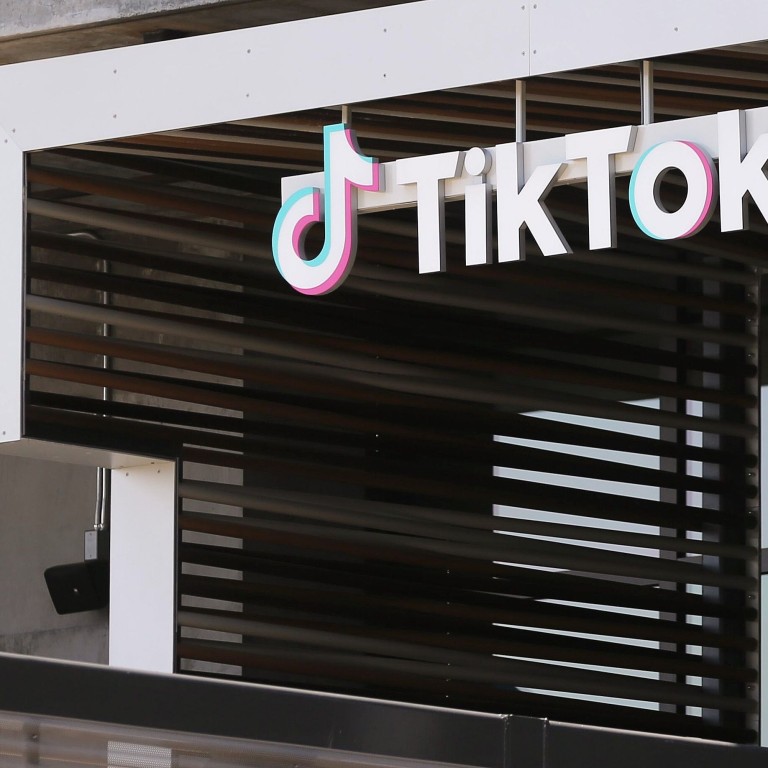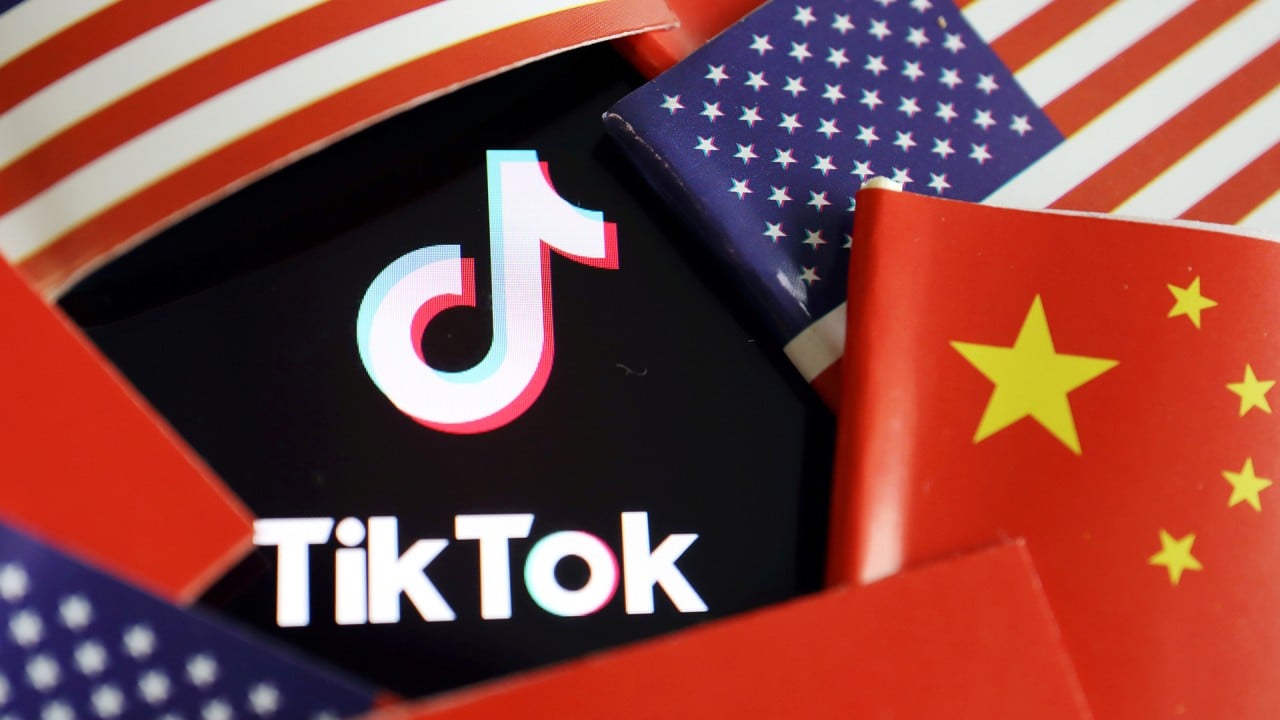
China’s new tech export restrictions further cloud US TikTok sale and raise the risk of protectionism
- The new rules come at a time of worsening relations between Washington and Beijing, with trade and tech tensions on the rise
- Approval timetable would still be compatible with the November 12 deadline set by Trump’s second TikTok executive order, requiring a TikTok sale
Beijing’s new export control list raises the risk of technology protectionism and means greater uncertainty over the sale of TikTok’s US operations as well as more questions for both Chinese companies with overseas businesses and multinationals that create intellectual property in China, experts said on Monday.
Among the newly-added restrictions are “personalised information recommendation service technology based on data analysis” and “artificial intelligence interactive interfaces”, one type of which uses voice recognition.
These technologies are widely used by TikTok and other products from Chinese owner ByteDance, all of which curate content feeds based on user preferences and activity.
TikTok CEO Kevin Mayer quits amid US pressure on short video app
Cui Fan, a professor of international trade at the University of International Business and Economics in Beijing, told state news agency Xinhua on Saturday that government agencies had been preparing for an update since 2018 by soliciting public opinion and “made the adjustment this time after consideration … in line with the objective needs [based on] progress of the current international situation.”

06:35
US demands for TikTok may escalate decoupling and hurt businesses, says China expert
“The time to publish the new update of the export control list has been expedited due to the TikTok sale,” Mei Xinyu, a researcher at the Ministry of Commerce, also told the Post on Sunday.
ByteDance General Counsel Erich Andersen said on Sunday that the company is “studying the new regulations that were released Friday.”
“As with any cross-border transaction, we will follow the applicable laws, which in this case include those of the US and China,” said Andersen.
Microsoft, one of the earliest bidders for TikTok and which signed a non-binding Letter of Intent in late July before US President Donald Trump issued the first executive order on TikTok, declined to comment on the update.
Other suitors, including Walmart and Oracle, did not immediately respond to a request for comment.
ByteDance’s response “seems to confirm the company is looking into applying for the necessary licences under these new export control rules,” said Nina Palmer, a senior director in the China practice at business strategy firm Albright Stonebridge Group.
ByteDance receives mixed reaction at home for suing the US over TikTok order
“The new rule requires the sale of TikTok to be approved by the Chinese government … as the core competence of ByteDance is its algorithm”, said Mei. “Those US firms that are actively working to pursue the acquisition of TikTok, may need to think whether [a deal] can now be done.”
The Ministry of Commerce in a separate clarification said that government approval for restricted exports would take up to 45 working days, or early November if the process was started on Monday, according to the Post’s calculations.
But “the Chinese government has a history of slow-rolling administrative procedures as a political tactic, so it is not guaranteed that the government will stick to this schedule,” said Palmer.
“In practice, the timeline may vary on a case-by-case basis, especially when the circumstances are more sensitive,” said Nathaniel Rushforth, a US-qualified lawyer and cybersecurity specialist at Shanghai-based DaWo Law Firm, adding that “moves like this signal that technology protectionism is likely to become an even more significant consideration for companies doing business in the US/China context.”
Alex Capri, a visiting senior fellow at the National University of Singapore, questioned whether ByteDance was using technology that was unique to China.
TikTok sues Trump, US government over threatened US ban
“I do think the Chinese digital platforms have a massive pool of data that they have access to … but I personally am not convinced that the artificial intelligence is uniquely advanced to the point where [non-Chinese] companies … would be hurt not getting access to it,” Capri said.
Besides the technologies that TikTok uses, Beijing’s renewed list covers a variety of other areas that Beijing has deemed sensitive, including certain drone communication technologies, 3D printing, gene engineering, laser tech, mapping and cryptography.
“This catalogue would allow the Chinese government to exercise veto power in future if Chinese companies are forced to sell local holdings again … allowing the Chinese government to block the forced sale of companies like DJI, Alibaba Group Holding, Baidu, and Tencent Holdings,” said Palmer.
Additional reporting by Amanda Lee



